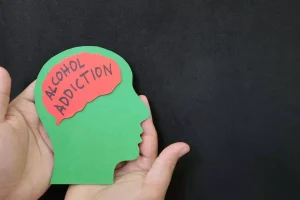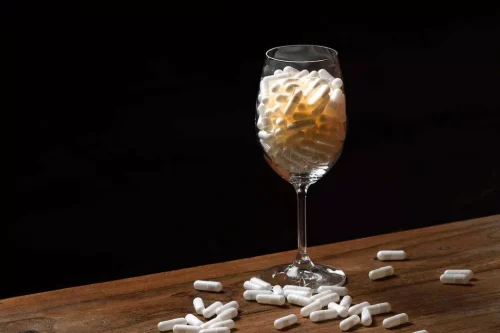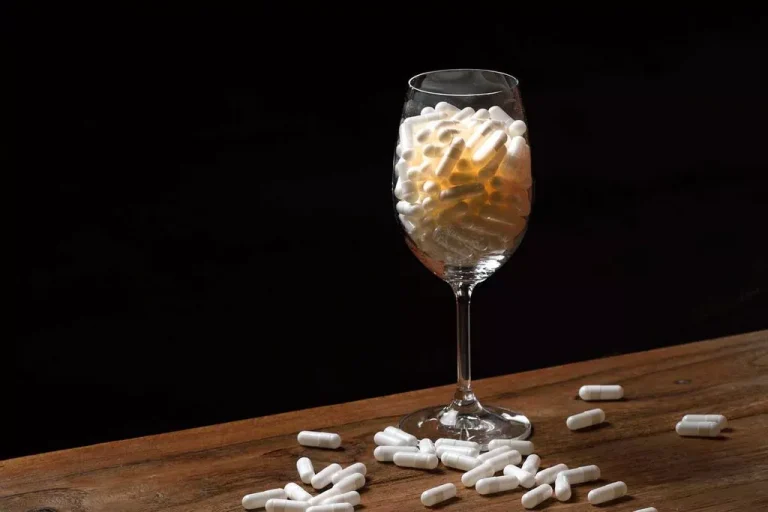Staring at the clock while you are trying to fall asleep can be very counterproductive as it can increase stress and anxiety levels, making it more difficult to fall asleep. Keeping your bedroom clock turned away from your bed may help reduce the temptation to peek and see what time it is. If you find yourself lying in bed without falling asleep for 20 minutes or longer, it is suggested to get out of bed and do something peaceful, like meditating, while waiting to become drowsier. Whether you listen to calming music, read a book, or take a warm bath, establishing a relaxing evening routine will help improve your sleep.
- Over time, your body learns to depend on alcohol to fall asleep, and when you remove it, your brain struggles to regulate sleep on its own.
- Alcohol may be consumed in beer, wine, and hard liquors like vodka, rum, gin, and whiskey.
- If you suspect your alcohol consumption is impacting your sleep but feel you cannot stop drinking on your own, seek help.
- Anxiety is a common symptom of alcohol withdrawal, and it can interfere with an individual’s ability to sleep.
How Long Does Insomnia Last After Stopping Drinking?
After about a week, the symptoms start to calm down, and by the end of the first month, most people see significant improvement, if not complete disappearance, in insomnia. It’s estimated that by the end of 90 days, most people get past insomnia entirely, with rare cases of individuals experiencing it beyond this point. The precise timeline for insomnia post alcohol detox can be elusive as it varies from individual to individual based on a multitude of factors, as mentioned earlier. However, it is crucial to have a rough timeline in mind to get an idea of what to expect. This sudden overactivity can result in disturbed sleep and insomnia. Think of it as the brain’s way of protesting against the sudden absence of a depressant (alcohol) it had grown accustomed to.
Evidence Based
If it’s thought that you could have a sleep disorder, your doctor might suggest going to a sleep center for special testing. She does recommend, however, leaving a three hour gap between your last drink and bedtime, as this may lessen the impact of the alcohol on your sleep. But what’s really going on in your brain and body when you’ve had a drink, and is there anything you can Sober living house do to mitigate the effects of alcohol on your sleep? Get professional help from an addiction and mental health counselor from BetterHelp.
Alcohol Use Disorder
One of the problems with the insomnia that alcoholics experience is that it can go along with their substance use. When you drink too much and try to stop insomnia after drinking drinking, you may have a hard time calming your racing mind. Also, your brain can feel like it needs alcohol to fall asleep and help you rest. We publish material that is researched, cited, edited and reviewed by licensed medical professionals. The information we provide is not intended to be a substitute for professional medical advice, diagnosis or treatment. It should not be used in place of the advice of your physician or other qualified healthcare provider.
It’s important to treat sleep disorders such as insomnia (difficulty falling or staying asleep) or sleep apnea (when breathing stops multiple time a night) if they are present. For many individuals, sleep patterns begin normalizing after the first month of sobriety. The brain’s natural sleep mechanisms gradually reassert themselves. However, the Journal of Addiction Medicine reports that some sleep disturbances may persist for several months or longer. These might include occasional difficulty falling asleep or maintaining continuous sleep throughout the https://ecosoberhouse.com/ night. You may even drink after a long and stressful day because you think it will help you fall asleep faster.
Mindful Drinking
Establish a consistent sleep routine by going to bed and waking up at the same time every day, even on the weekends. This schedule can help avoid sleep disturbances and improve sleep quality. Drug detoxification and withdrawal typically exacerbate feelings of stress, anxiety, and irritability. Individuals undergoing the withdrawal process are physically and mentally detoxing themselves from the alcohol abuse, which triggers a range of symptoms and emotions. The physical discomfort, racing thoughts, and restlessness can make it challenging for your brain to wind down. When you stop drinking alcohol, there is a chemical imbalance of insufficient GABA and excess glutamate in the brain.
REM Sleep Rebound Effects
Don’t be afraid to explore different techniques to find what works best for you. If you’re a treatment provider and have a question, please reach out and someone from our Customer Success team will be in touch with you shortly. Recovery.com uses a standard procedure to make sure treatment provider profiles on our site are current and complete. Consuming alcohol and experiencing restricted sleep reduces alertness during the day. It can have a relaxing effect, but research shows that too much alcohol can lead to a lack of sleep or insomnia. Alcohol can increase the quantity of non-REM sleep during the first half of the night, but it decreases REM sleep in the second half.
Quality of sleep is usually one of the first things to suffer – your body continues to metabolize the alcohol especially if you drank and went straight to bed. One of the issues a person may find challenging to cope with is insomnia – the inability to fall asleep when all you want to do is close your eyes and rest. The first few weeks after quitting alcohol are rough on sleep, but most people notice major improvements after a month.
- Our science-backed approach boasts 95% of patients reporting no withdrawal symptoms at 7 days.
- If you think your drinking may be impeding your sleep or overall quality of life, speaking to your doctor or therapist is a great first step.
- Their diverse expertise ensures our resources and product are innovative, evidence-based, and effective.
- It’s common for someone who’s alcohol-dependent to experience long-term sleep problems since insomnia and other sleep disorders are typical symptoms of alcoholism.
Does Alcohol Withdrawal Cause Insomnia?
In short, it’s mainly due to your body rebalancing itself after stopping a substance. And because alcohol is a sedative, the withdrawal can follow the opposite sort of pattern. For example, you might feel overstimulated, restless, and anxious after quitting. In summary, alcohol misuse (heavy alcohol use and AUD) appears to be linked in a bi-directional fashion to sleep-related problems such as insomnia and circadian rhythm abnormalities. The recommended treatment for insomnia disorder in the community, as well as those with AUD, is CBT-I. Alcohol is one of the most commonly used psychoactive substances in the community.
Insomnia, as your body tries hard to adjust its disrupted sleep-wake cycle. The negative impact on your circadian rhythm is another major explanation for why many people face sleep issues when they decide to quit alcohol. The silver lining exists, with patients noticing a significant improvement in their sleep patterns as the body recalibrates its circadian rhythm. This altered sleep architecture during alcohol withdrawal is considered a contributor to relapse, as individuals may use alcohol in an attempt to restore sleep normality.






